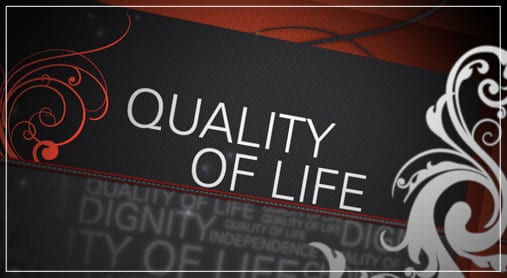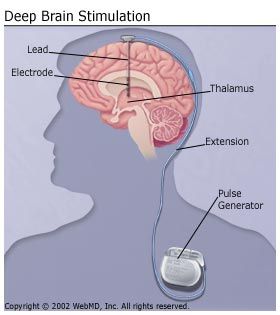Dystonia causes involuntary muscle contractions and can result in abnormal posture. There are a number of different types of dystonia, and there is no known cure.
Parkinson’s disease (PD) is a progressive neurological disorder that affects movement. For some, it begins with slight hand tremors, but as it progresses, the person’s walking may become slower and facial expressions less animated.
For people who suffer from either of these diseases, drug therapy might not be enough to make a difference in their quality of life. But one stellar doctor is doing all he can to change that via deep brain stimulation surgeries for appropriate patients.

As reported by Penn Medicine, some patients with PD benefit from a surgical intervention called Deep Brain Stimulation (DBS). And one neurosurgeon is leading the way.
Dr. Gordon Baltuch, a professor of neurosurgery at the Penn Center for Functional and Restorative Neurosurgery, just recently performed his 1,000th procedure.

DBS involves the insertion of two insulated wires deep into the brain where they make contact with the areas that control movement. An extension runs below the skin to the stimulator that is implanted near the patient’s collarbone.
DBS delivers carefully controlled, minute electrical currents that can have a positive effect on the involuntary muscle contractions of dystonia. In some cases it can reduce or erase tremors, ease abnormal movements and postures, and help alleviate pain.
Not everyone is a candidate for DBS, of course (it seems to work most effectively for people who have either a genetic form of dystonia or an idiopathic one.) But for those people who are, it’s thanks to the hard work and dedication of doctors like Dr. Baltuch.
Resources:
- American Parkinson’s Disease Association
- National Parkinson’s Foundation
- Parkinson’s Disease Foundation
- Dystonia Medical Research Foundation
- Support Groups for Dystonia
- American Dystonia Society


